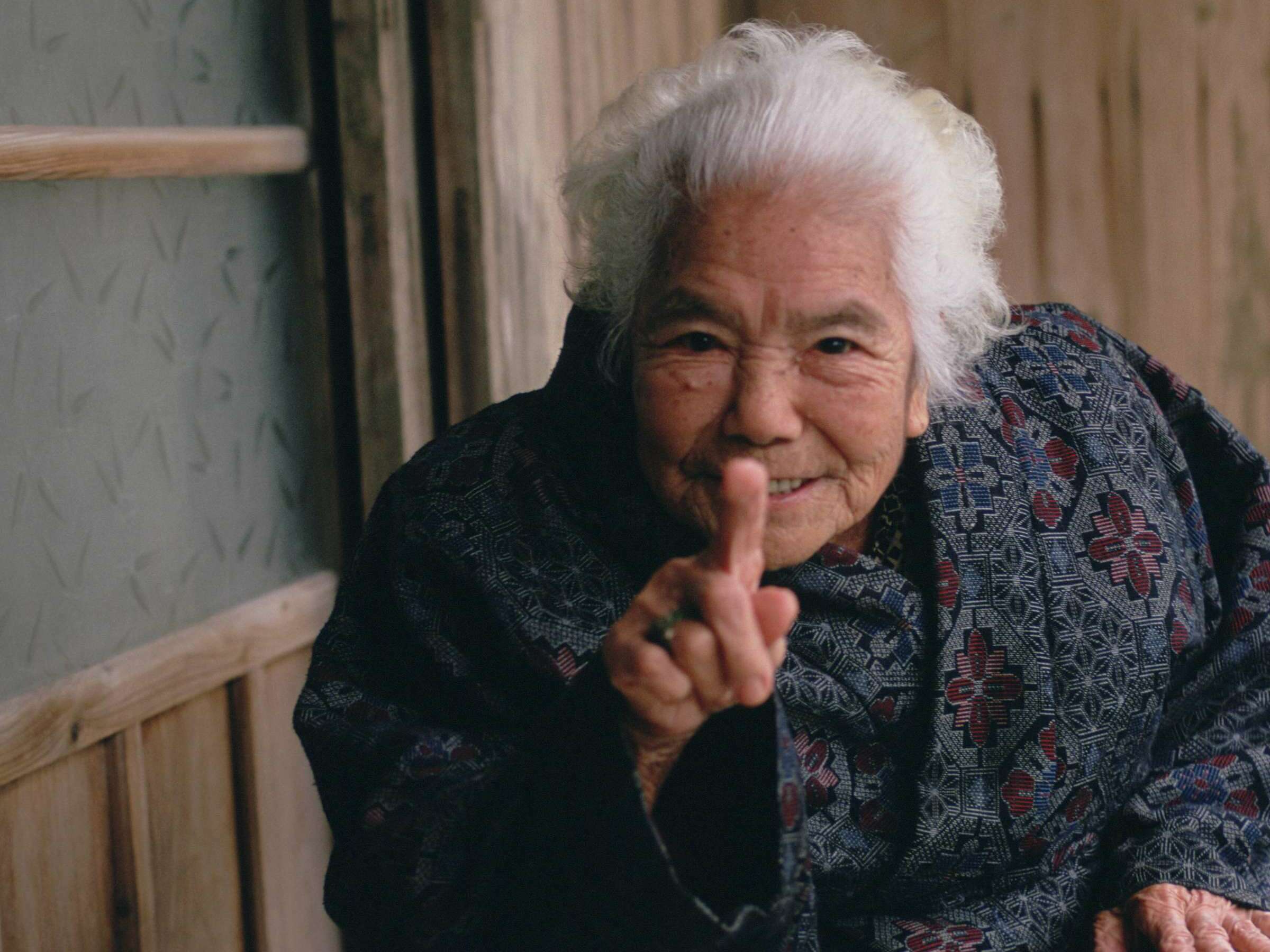No one would guess this petite woman, with her brisk walk, has lived for over a century. After her meal, she spends a few hours tending her small vegetable garden behind the house, where rows of mustard greens, eggplants, and spring onions grow in neat rows.
When researchers from the Okinawa Centenarian Study visited and interviewed her, they were astonished by Kamada's health. Her blood inflammation markers were remarkably low, comparable to those of someone in their 60s. She didn't have diabetes, heart disease, Alzheimer's, or any other common chronic illnesses.
"We couldn't find the biological markers of aging typically seen in people of the same age," a researcher shared.
Kamada's case isn't unique. Over 40 years of research, the Okinawa Centenarian Study has examined over 1,000 centenarians on the island and discovered a common thread: most carry a variant of the FOXO3A gene, one strongly linked to human longevity.
According to a report published in Science Advances, this variant enhances DNA repair, regulates metabolism, and combats inflammation within cells, thus slowing the aging process.
FOXO3A isn't just Okinawa's "longevity gene." Independent studies in the US, Germany, and Italy have also noted this variant's prevalence among supercentenarians. The gene acts as a genetic switch, activating cellular defense systems, including antioxidant enzymes and controlled cell death (apoptosis), eliminating damaged cells before they become cancerous or cause chronic inflammation.
Besides FOXO3A, another gene of interest is LMNA, which encodes the lamins A/C protein, essential for maintaining cell nucleus structure stability. Some LMNA variants cause progeria, a premature aging syndrome, but stable versions are found in long-lived individuals, helping cells maintain their ability to divide without errors. A 2014 Nature study revealed that 90-year-olds without chronic diseases have longer telomeres and fewer LMNA mutations.
 |
Kamada Nakazato in Ogimi village, Japan. Photo: Imago |
Kamada Nakazato in Ogimi village, Japan. Photo: Imago
Scientists now use biological age alongside chronological age to more accurately reflect the body's true aging rate. Biological age is calculated based on biomarkers such as DNA methylation levels, telomere length, blood inflammation markers, and metabolic indicators. Those with a lower biological age than their chronological age tend to have better health, fewer illnesses, and greater cell regeneration capacity.
Some 90-year-olds have cells that function like those of 60-year-olds, thanks to superior genes and a healthy lifestyle. In Okinawa, DNA methylation levels in older adults are typically lower than the global average, reflecting a slower biological aging process.
A 2022 PLOS Genetics study indicated that gut microbiome in long-lived individuals interacts positively with genes like FOXO3, maintaining a stable immune system and reducing systemic inflammation.
Other exceptional cases worldwide shed light on the link between genes and longevity. Jeanne Calment, a French woman who lived to 122, had the FOXO3A variant and the APOE2 variant, which protects nerve cells from oxidative stress. Misao Okawa, a Japanese woman who died at 117, reportedly had high SIRT1 gene activity, aiding DNA repair and lipid metabolism regulation.
While genes play a fundamental role, experts emphasize that environment, diet, exercise, and mental state also significantly influence aging rate. Biotech companies like Calico (backed by Google) and Altos Labs are exploring ways to directly manipulate genes like FOXO3 and LMNA to delay aging through cell reprogramming therapy. However, these methods remain experimental.
Kamada's story and other longevity cases suggest that reversing aging is no longer science fiction. Genes are a crucial piece of the puzzle, but the combination of genetics and lifestyle truly holds the secret to a long and healthy life.
Thuc Linh (BBC, Nature)












